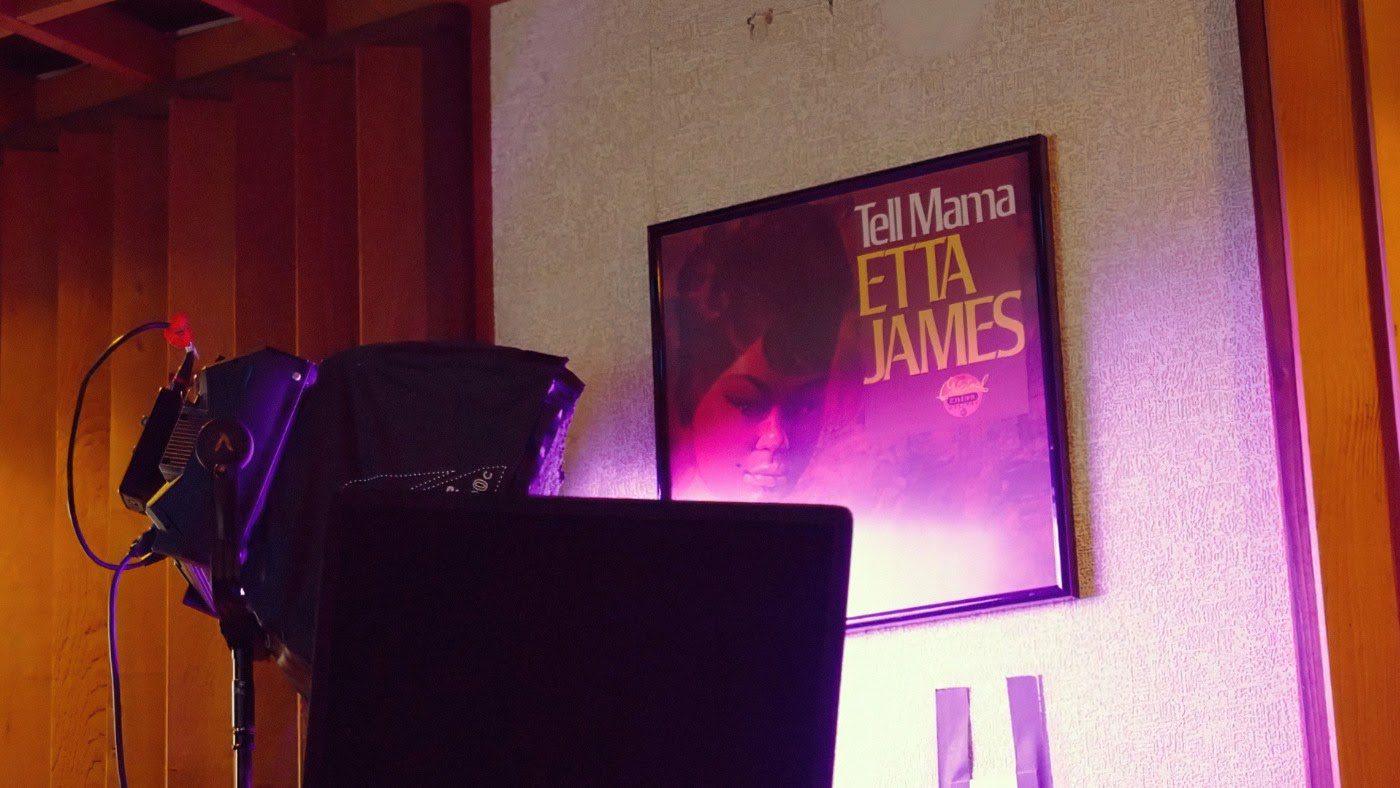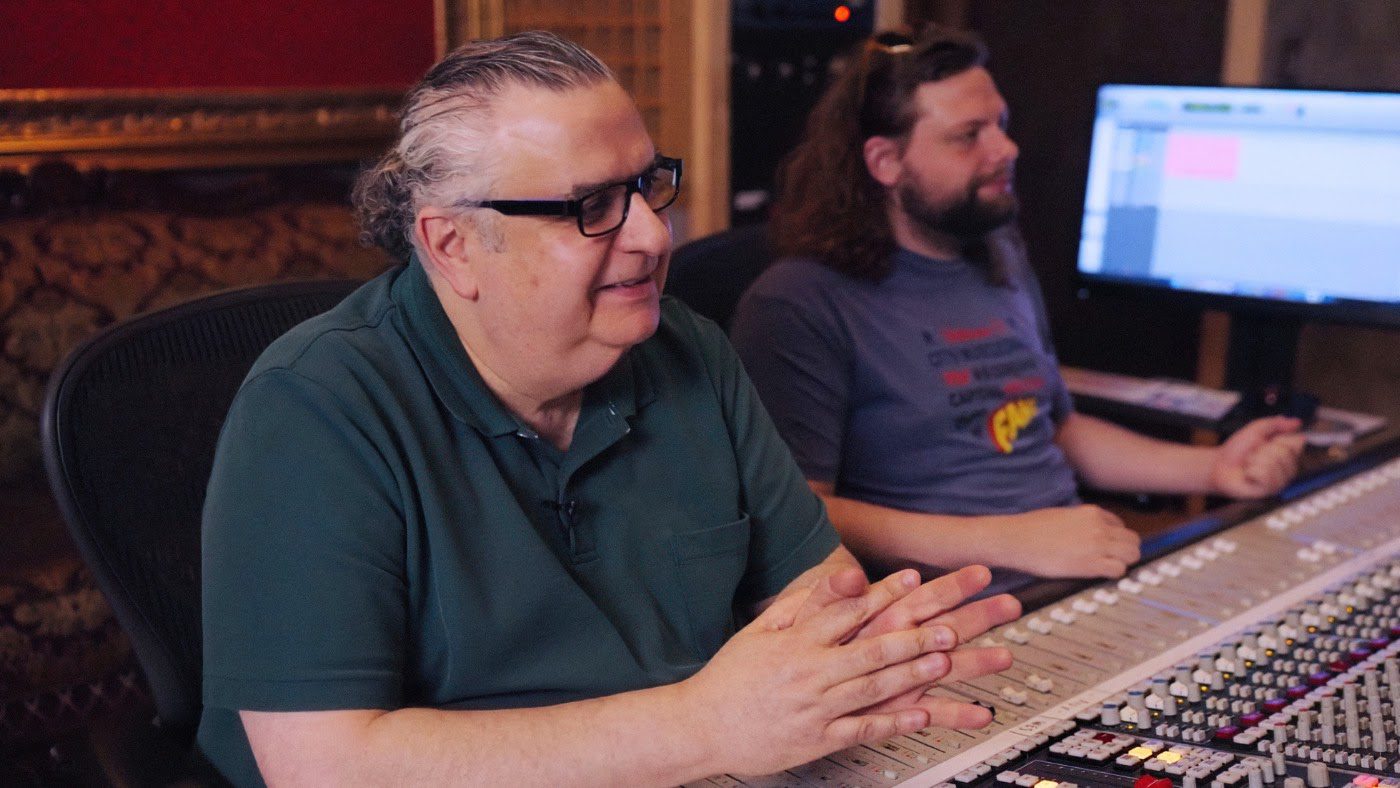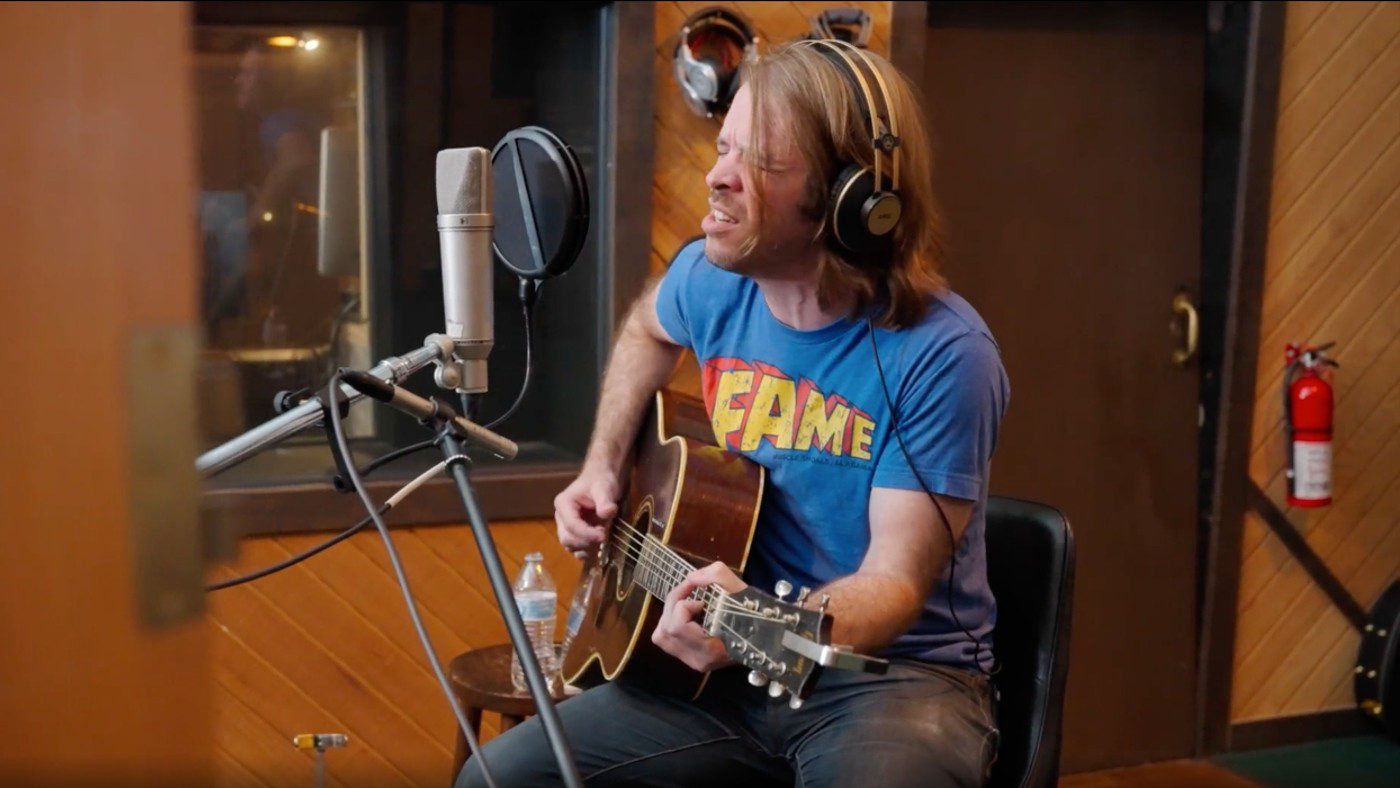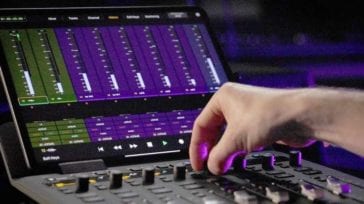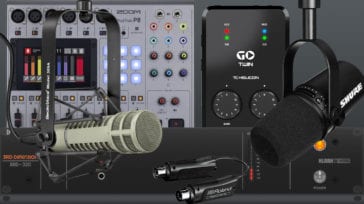Tucked away along the northern Alabama border is the village of Muscle Shoals and home to Fame Recording Studios. Artists such as Aretha Franklin, Little Richard, Wilson Pickett, Paul Simon, and Lynyrd Skynyrd are just the shortlist of some of the music legends that have passed through these doors.
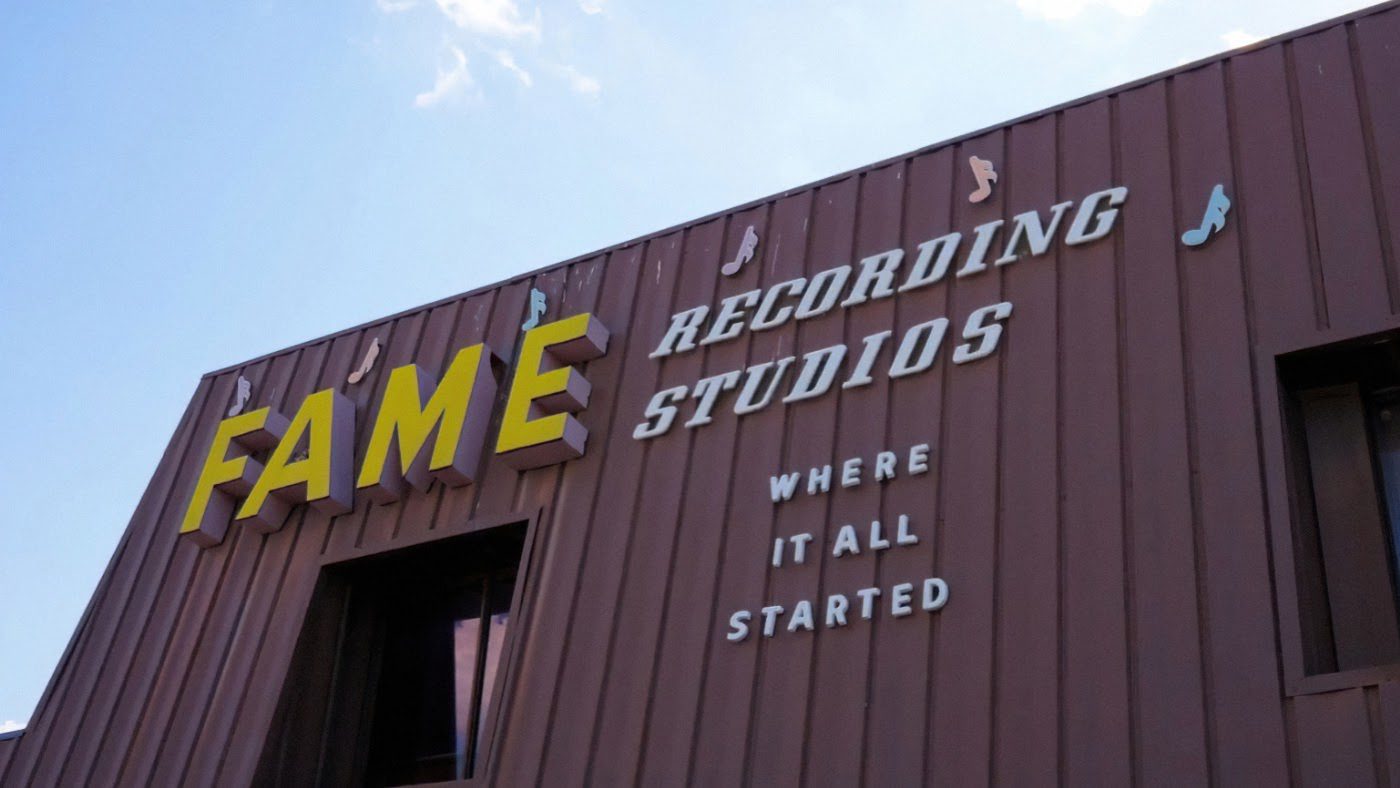
Glenn Rosenstein is a producer, composer, mixer, and partner at Fame Recording Studios. After starting his career in New York at the famous Power Station recording studio, Glenn relocated to Nashville to be surrounded by the wealth of talent and creativity centered around Fame. He also operates a studio in Nashville, TN.
“Fame is an iconic recording studio. Maybe one of ten or twenty on the planet that has that kind of history,” says Glenn. “I think Fame is a special studio because, in addition to the legendary status, there is a continuing education that gets passed down from the people who work here, people who play here.”
While we were speaking to Glenn, he was working on a track for Wes Sheffield. “I see artists that I bring into the studio who have a sense of what the history is about and kind of absorb that.”
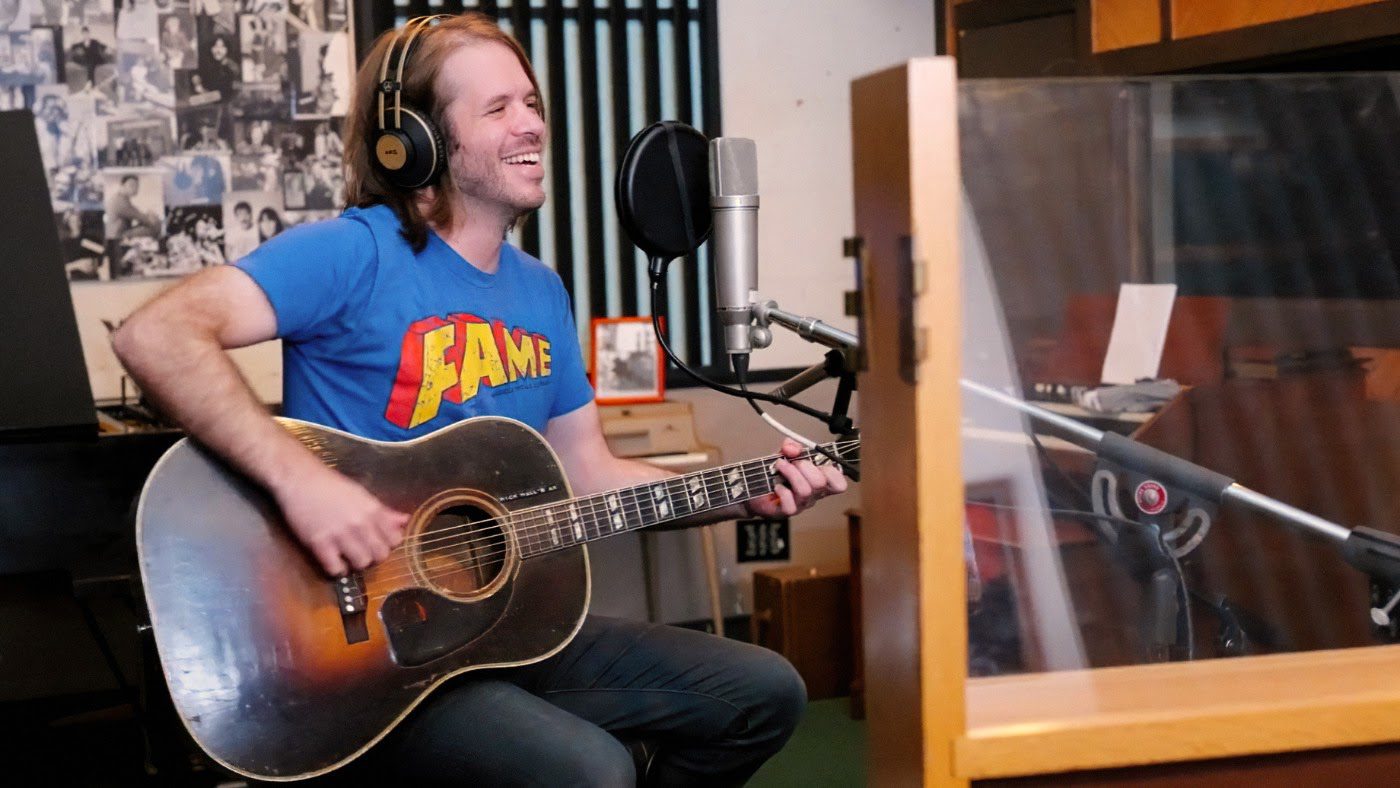
While times have changed, technology has as well. During Glenn’s forty-plus years’ career, recording studios have transitioned from two-inch tape to desktop computers and even iPhones. “When I started out, this was all magic to me. The upside is it’s been democratized.”

Glenn added that anyone with a computer or an iPad can record and edit music of their own. This equates to a higher level of understanding of the production process across professionals and musicians alike.
Today, Fame Recording Studios is outfitted with multiple recording suites ranging from classic all-analog workflows to fully equipped Pro Tools suites. But Glenn is modest on talking tech. “Each of these artists needs different tools, and those tools are something that part of my job is to supply.”
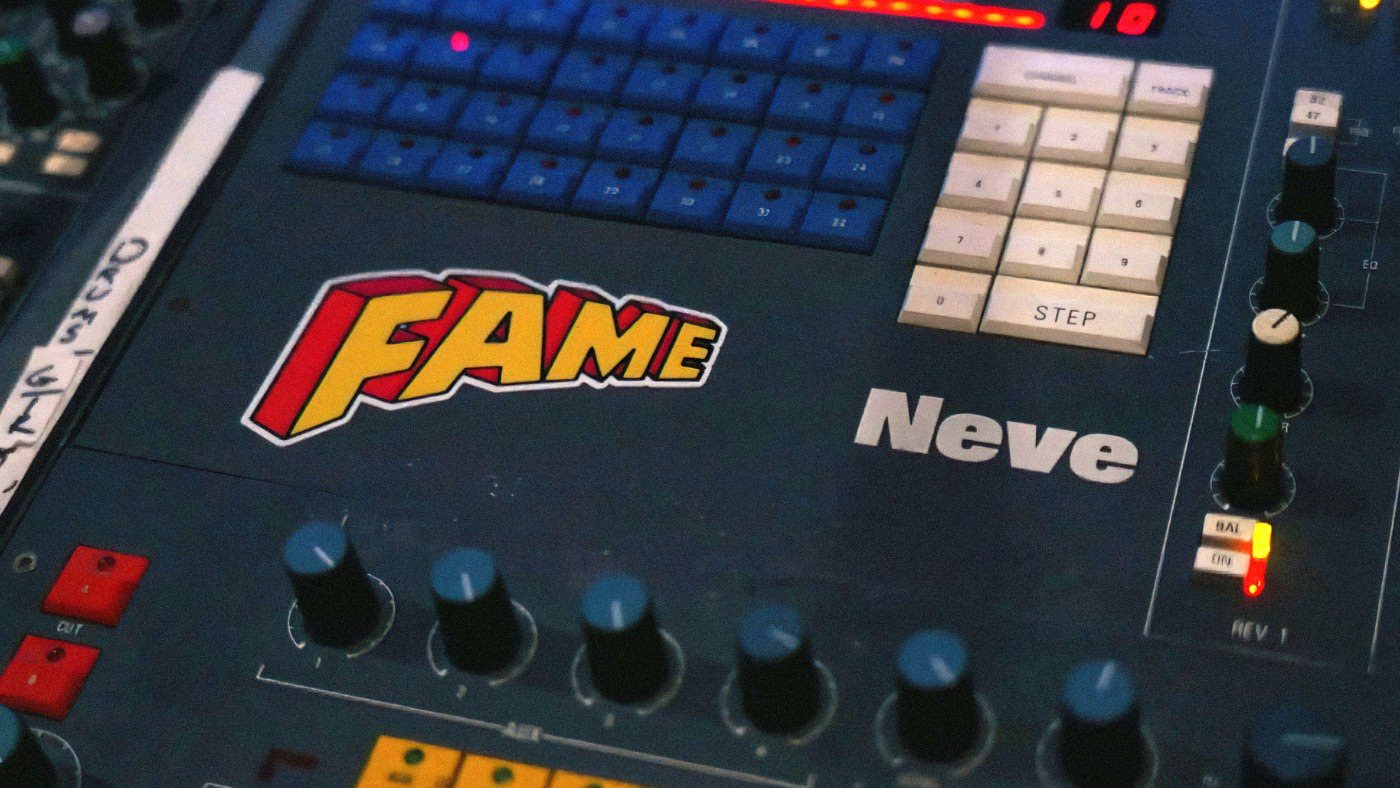
For a producer, working with an artist can be a balancing act. Between running the room and weighing in on a song’s quality, a producer is also coordinating the best session musicians for a track and picking the right gear. “Every element of what I do as a producer, as a coach, which is really my job, is to enhance the performance levels of the people that I interact with.”
Sessions at Fame are either all analog or digital from the onset. If analog, they enter Pro Tools for mastering and delivery. While some of the consoles, microphones, and effects gear at Fame are classified as vintage, Glenn laughs and says the gear has simply earned its vintage status by being in service for as long as it has. “I’m not stuck on analog versus digital. That’s the last conversation I would ever want to have with anybody!” he adds. “What’s most important is inspiring an artist to do the best job they possibly can do.”
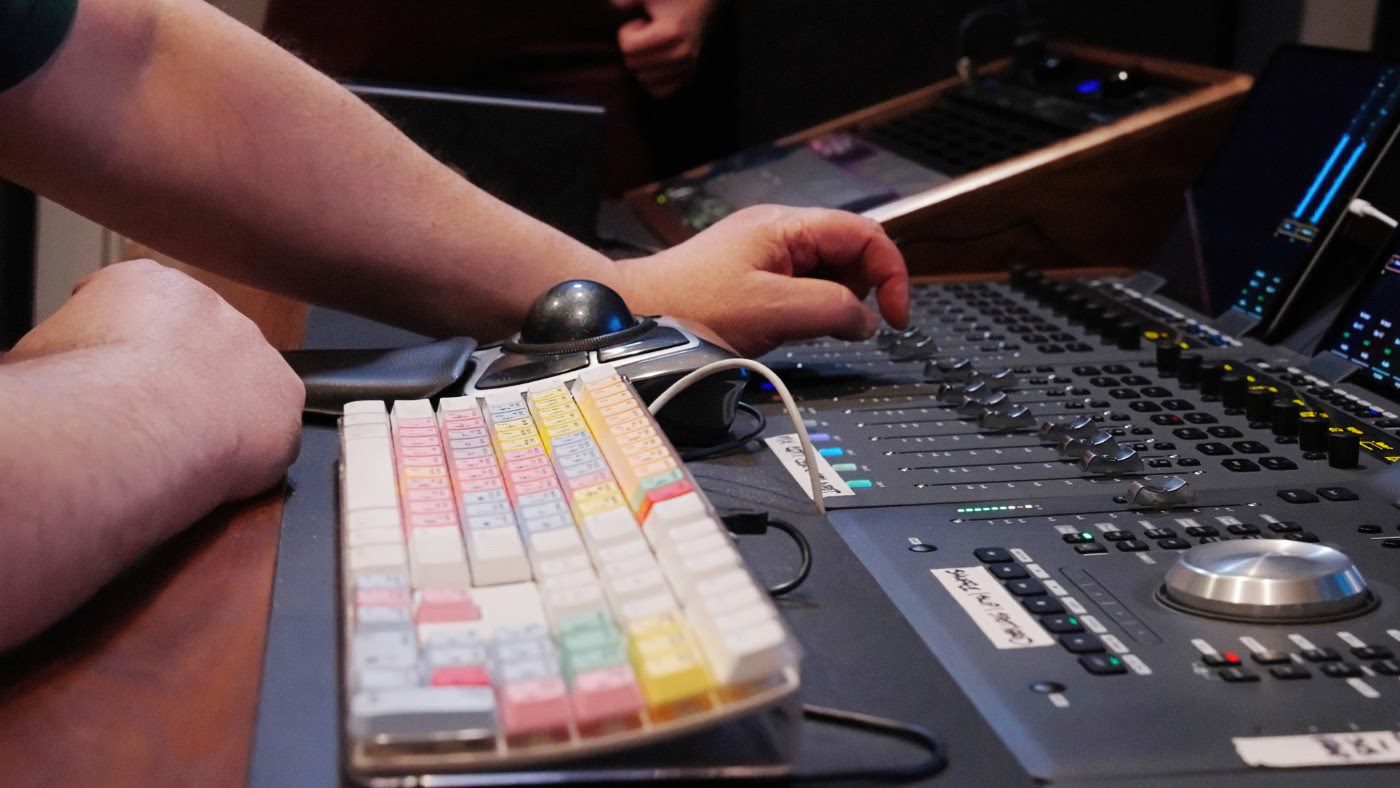
As the needs of the recording industry continually change and evolve, so does Fame and its workflow. “The needs have changed, we’re not looking at just stereo anymore. We’re looking at Dolby Atmos 9.2.4. And then, on top of that, there is a video component to everything we do. There’s no turning back from that.”
The bandwidth requirements increase exponentially by stepping up the channel count for multispeaker setups and higher resolution capture for Dolby Atmos. This means revisiting the workflow.
OWC is a solid solution
OWC has been actively involved in the pro audio community and has worked with producers like Glenn Rosenstein to ensure that sessions run smoothly, and the technology is seamless. “It’s amazing to have an attentive ear on the needs of our community. OWC executes with great accuracy. Their notoriety is industry-wide.”
When commenting on the reliability of OWC drives, Glenn looks for a piece of wood to knock on, “They’re just absolutely solid. Maybe I’m jinxing myself, but I’ve had no drive failures. And that’s exactly as I expect it to be.”
It’s a common sight for a producer to run multiple suites in different locations and Glenn is no different. Traveling between Muscle Shoals and Nashville, Glenn uses a ThunderBay 4 to keep his four Pro Tools suites up to date. “The Thunderbay 4 has been very stealthy and reliable.” Says Glenn. “These are fairly rugged. They stand up to the rigors of being transported around.”
After enjoying the Thunderbay 4, Glenn is migrating his workflow to the OWC ThunderBay 4 Mini, which features all SSDs for storage, RAID protection, a smaller footprint, and lighter weight.
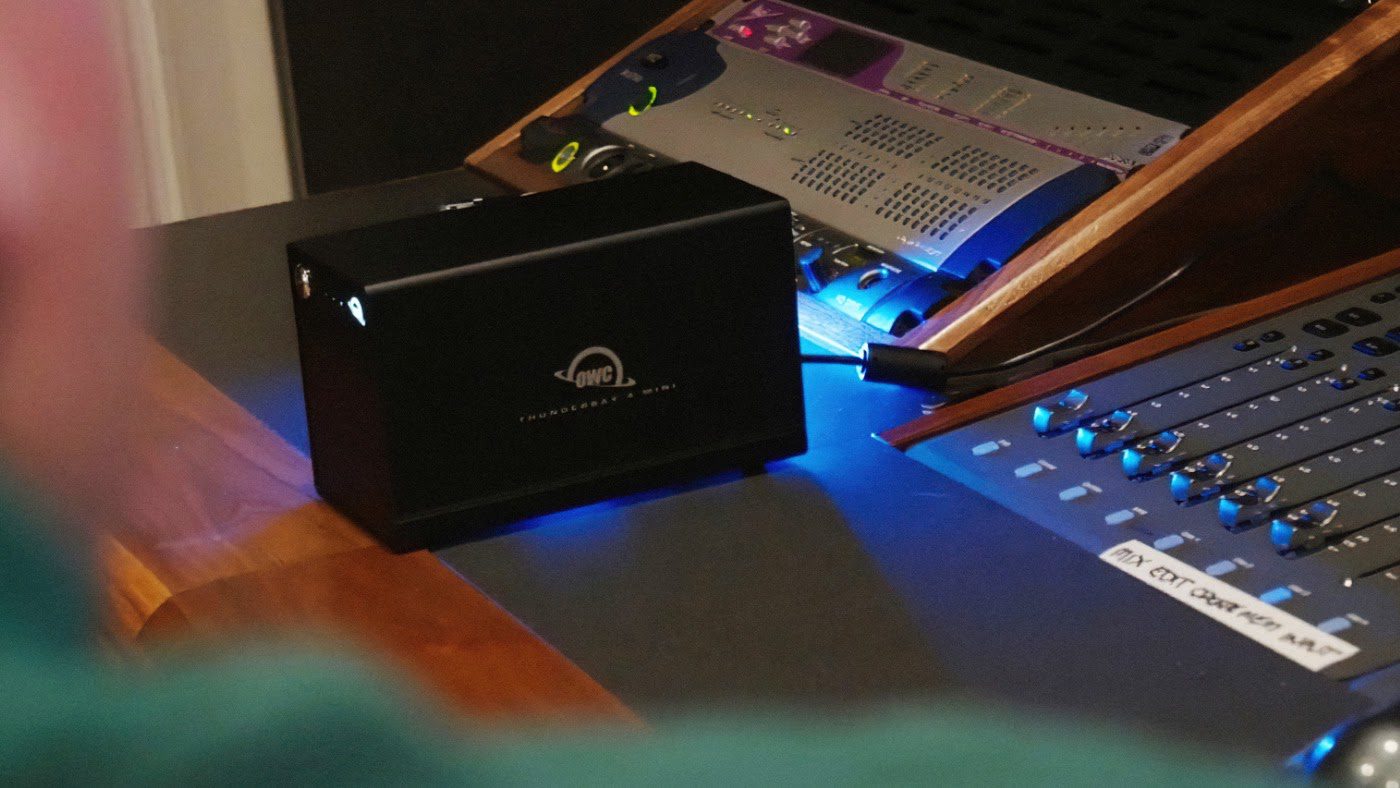
Glenn Rosenstein operates a Pro Tools S6 console, connected to a MacPro 6,1 “trash-can”. In every Pro Tools suite, the primary volumes have been upgraded to an OWC Aura Pro x2 paired with OWC RAM.
He also has many Envoy Pro FX drives, as well as a ThunderBlade for high-speed storage. “I may be old-school in some ways, but I do see the immediate value of faster and safer. It’ll give me an opportunity, quite frankly, to spend less time worrying about backing stuff up and more time actually working.”
In the same recording room, Studio B, there has been so much musical history created and great records cut. “This is where the Allman Brothers arguably formed. They were a band by a different name at the time. That happened in this room.”

In Studio A, huge records were produced by industry legend Rick Hall. Aretha Franklin, Otis Redding, and Wilson Pickett to name a few. Glenn shares, “Rick built Fame. He somehow put together a very small studio.” Given the somewhat remote location of Muscle Shoals Alabama, the story is bound to turn some heads, “What occurred here is nothing short in my mind of a miracle. I mean, that’s a miraculous thing.”
When reflecting on his career working with mainstay acts across all genres, Glenn is humbled, “It was not about any kind of notoriety. I was just a huge fan of music.”
